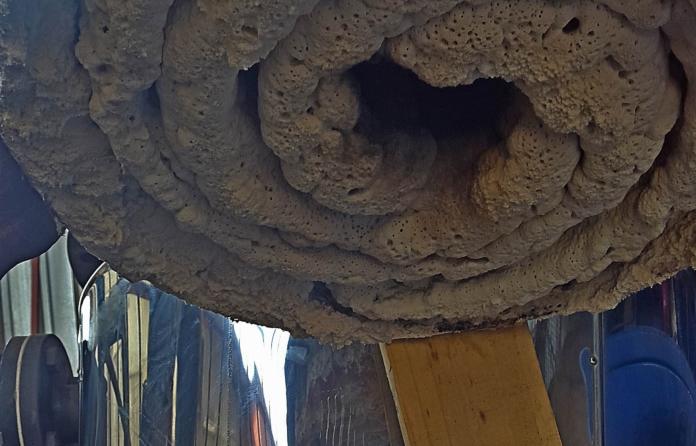ALL boilers need a softener, as well as cooling towers, as boilers help to prevent scale on heat transfer surfaces.
JP Thysse, Senior Technician at Allmech, local manufacturer of boilers and supplier of water treatment components, explains that water is treated for several reasons: to protect plant and equipment, to prevent scale and corrosion, to increase boiler efficiency, to reduce downtime and to reduce maintenance costs.
“Scale causes poor heat transfer, hot spots and tube failure, under deposit corrosion and reduced boiler efficiency, and process contamination,” says Thysse. “You get different types of scale deposits, such as hardness deposits of calcium carbonate and magnesium carbonate, as well as phosphate, silica, and iron deposits. Aside from scale, water treatment can also help to prevent corrosion issues.”
He notes that it is important to choose the correct water treatment solution for your particular requirements, as there’s no one-size-fits-all option that will work in the long term. “Before you can consider a solution, you need to test your water to see what you’re dealing with.”
A trustworthy supplier can then help you to choose the right softener and system, taking into account your hours of operation, maximum demand (e.g. some boiler applications have peaks and troughs, such as in a mine change-house), your flow rate and your water hardness. “An experienced water treatment technician can also help to solve specific problems related to your water supply. For example, by softening the raw water and using scale inhibitors you can address hardness deposits. Silica deposits can be dealt with by maintaining boiler water alkalinity at a 3x silica level, or using a demineralisation plant.”
“Our softeners are based on salt regenerated ion exchange resin technology,” says Thysse. “Basically, the resin is a polymer that removes calcium and replaces it with water soluble sodium. But, if your sodium content is too high, it affects the resin’s ability to regenerate. Instead of regenerating in cycles, it does so constantly, and will become ineffective. The resin requires saturated brine to regenerate and the salt needs 8 hours in water to dissolve to saturation level.”
“In a properly specced system that’s working as it’s meant to, the resin in a softener can run up to 10 years, depending on site conditions,” Thysse says. “If you’re changing your resin more regularly you know you have a problem. That’s why we suggest monthly water treatment services to all our customers where we test softener equipment and water sources.”
He adds that borehole and spring water quality may be affected by rainfall or other factors, so it’s important to regularly test it and adjust your system as required. Softeners can regenerate from between every eight hours or once a month – depending on the interval required, which is determined by water quality and size.
